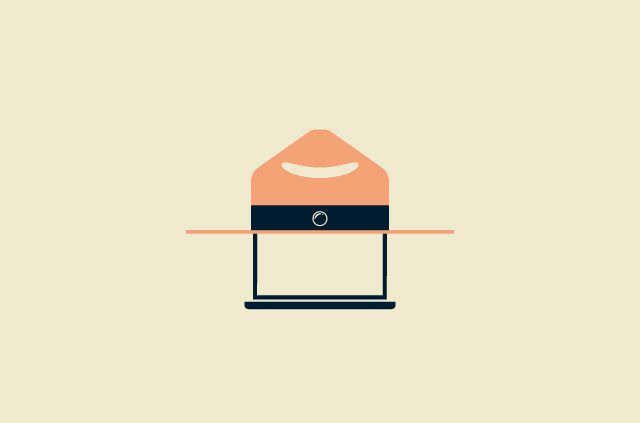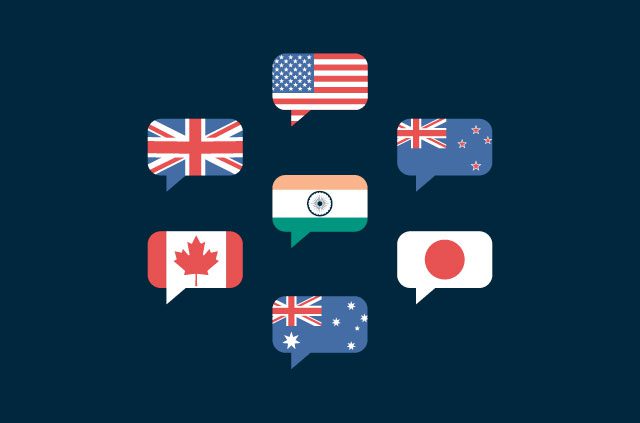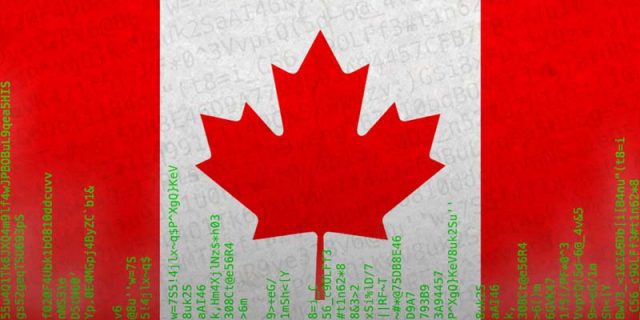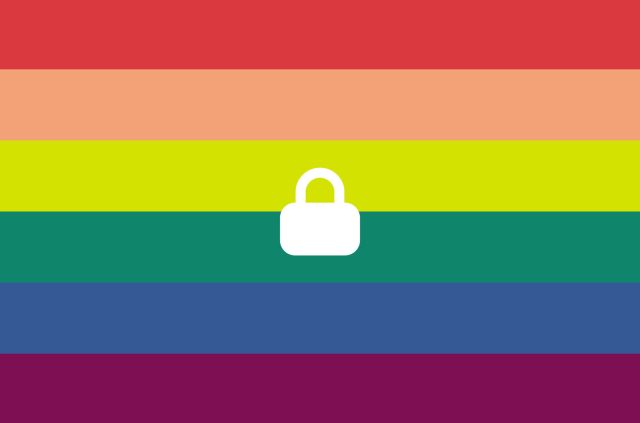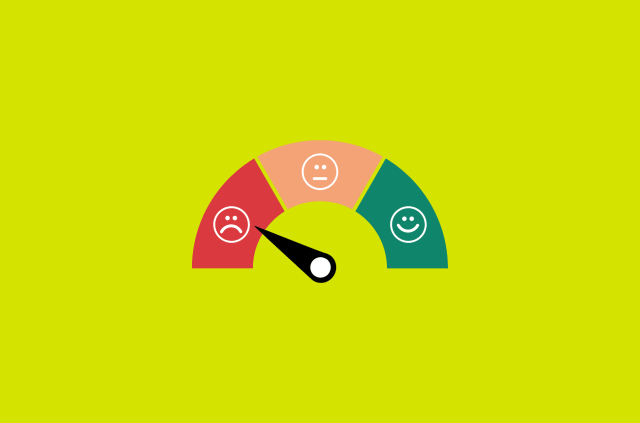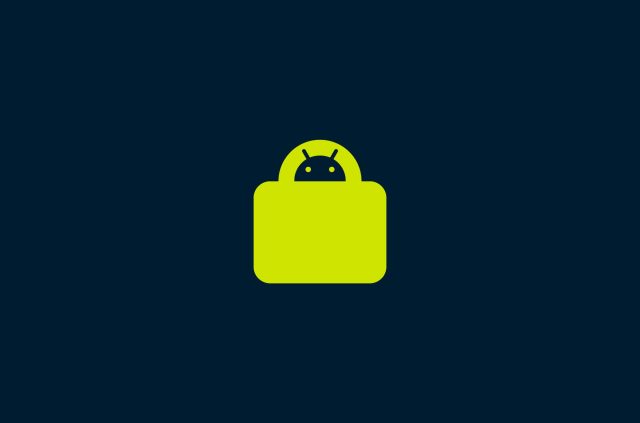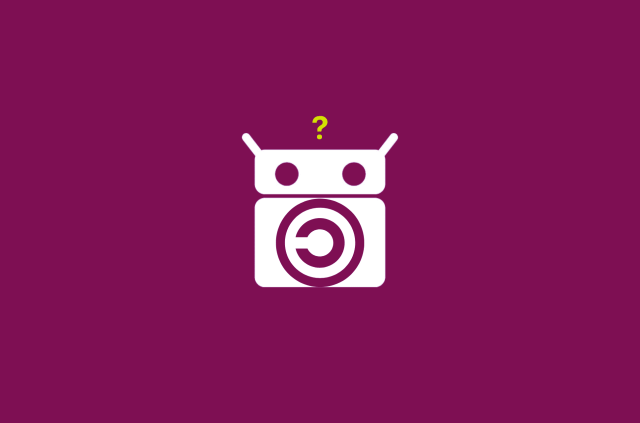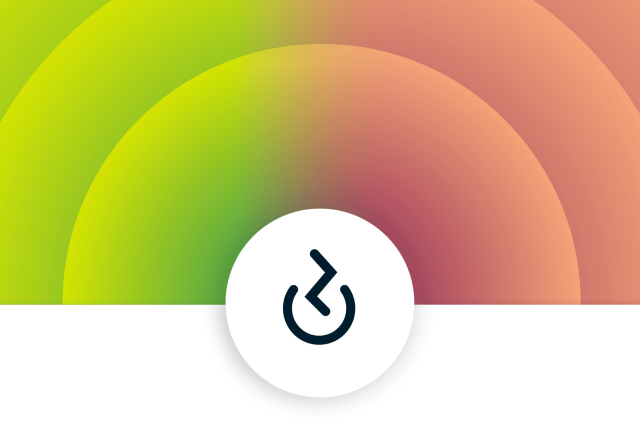Whether you’re dodging telemarketers, tracing back a missed call, or simply putting a name to a number, reverse phone lookups can help you get the information you need. Bear in mind that anyone can do a reverse lookup to find a number, even yours. So while it’s convenient, it may also be a privacy concern.
Below, we show you how to conduct a phone reverse lookup in Canada and what information you can find when reverse searching a phone number.
What is a phone reverse lookup?
A phone reverse lookup is a service that lets you enter a phone number and try to find out information about the phone number’s owner, location, or carrier. The methods, services, and available information differ around the world depending on local privacy laws.
How to do a reverse phone lookup in Canada?
There are a few ways to do a reverse phone lookup in Canada, but privacy laws may limit the amount of information you can find. Here are some options:
Canada411
Canada411 offers a reverse phone lookup feature on its website. Enter the unknown number into the search bar and click search. While it may not provide extensive details, it might reveal the name associated with the number if it’s listed in their directory.
Look for free reverse phone lookup services
Several websites and apps in Canada offer free reverse phone lookups. However, these services may have limitations on the information they can provide, and the accuracy of the information may not be guaranteed.
Some of the free reverse lookup services include TruePeopleSearch, TruthFinder, and NumLooker.
Be careful when opening websites you haven’t used before. Scammers may create fake websites to trick you into divulging personal information. Even legitimate websites can be unsafe if their security measures are subpar or they allow malicious ads. Using a VPN to encrypt your connection and mask your IP address adds a layer of protection and anonymity to your browsing. ExpressVPN also includes built-in ad and tracker blockers in its apps to prevent malicious DNS domains.
Note: A VPN can’t prevent you from entering personal information on a malicious site or downloading malware.
Employ paid reverse phone lookup services
Paid services generally offer more comprehensive results than free services but can be expensive. Be sure to research the service and its pricing before using it.
However, one thing to remember is that, in Canada, privacy laws restrict the amount of personal information that can be publicly available through phone number searches. So, even with paid services, you might need help finding everything you want.
What is Canada 411?
Canada411 is a Canadian online directory that acts like a digital version of the old phone book (think Yellow Pages and White Pages). It offers two main functions:
People Finder: You can search for people across Canada by name. This might be useful if you’re trying to reconnect with someone or find an old friend.
Business Directory: You can search for businesses in your area by name, category, or keyword. Depending on the service, it can provide details like contact information, addresses, and even customer reviews.
What are the benefits of using Canada 411?
Canada411 offers several benefits for finding people and businesses in Canada:
Convenience: It’s a one-stop shop for searching phone numbers and business listings, eliminating the need to consult separate directories or websites.
Accessibility: Free to use for basic searches, making it a budget-friendly option compared to some paid lookup services.
Comprehensiveness: Covers a vast database of businesses across Canada, allowing you to find a wide range of services in your area.
Reverse phone lookup: This helps identify unknown callers, which can be useful for security reasons or for avoiding unwanted calls.
Mobile app: Offers a convenient way to search for people and businesses on the go directly from your smartphone.
However, here are some things to consider:
Accuracy: Information may not always be up-to-date, especially for personal listings.
Privacy: Personal information might be limited due to privacy regulations. Listings are not automatic and require individual submission for most personal details.
Limited functionality: Free searches may provide little details for people’s searches.
What are the risks of doing reverse phone lookups?
Privacy invasion: Reverse phone lookups can reveal personal information about the phone number owner, such as name, address, and even criminal records (depending on the service). This can be a privacy concern, especially if the lookup is done without the owner’s consent.
Inaccurate information: The information found through reverse phone lookups may not always be accurate or up-to-date. Outdated information can lead to wrong conclusions about the phone number owner.
Misused for scamming: Scammers can use reverse phone lookups to verify phone numbers they obtained illegally. This can be used to target individuals for phishing attacks or other scams. Be cautious if you’re considering using a free service that asks for personal information in return.
Costly services: While some services are free, many comprehensive reverse phone lookups require a paid subscription. Be cautious of hidden fees or recurring charges before using a paid service. Read the terms and conditions carefully before signing up.
How to keep your phone number private
1. Request to get your phone number unlisted
You can add your number to Canada’s National Do Not Call List (DNCL) to keep telemarketers from contacting you. You can register your residential, wireless, fax, and VoIP number on the list. It’s worth noting that while you’ve registered your number on the list, the DNCL does have exemptions on who can contact you. These numbers include government bodies, Canadian registered charities, and newspapers of general circulation.
2. Block or filter unwanted calls
Most Canadian mobile carriers offer call-blocking or filtering features within their account management tools or apps. These features allow you to create block lists for specific numbers or even enable filters that screen calls based on criteria like unknown numbers or those not in your contact list. Additionally, many smartphone models have built-in call-blocking functionality within the phone’s settings. This lets you directly block unwanted numbers or silence calls from those not in your contacts. Remember, these methods work best when registering your number on Canada’s National DNCL.
3. Limit who gets your number
Only give your number to people you know and trust. Don’t post it on public forums, or social media, or share it with websites unless necessary.
4. Consider using alternative communication channels
Sign up for a free Google Voice number for online or public interactions. You can forward calls to your main number if needed. Alternatively, get a burner number that you can use on public platforms and give your private number only to friends and family members you trust.
It’s important to recognize that there’s no foolproof method to safeguard your phone number from being disclosed or identified through a reverse phone lookup.
5. Consider using a VPN
While a Canada VPN won’t protect your phone number from a data breach, it does encrypt your internet connection and change your IP address so your information stays safe wherever you are, especially when you’re using an unsecured Wi-Fi network. Reverse phone lookup services gather data from various places, including data brokers who scour the web looking for information about you. Using a VPN can help limit how much information websites and other trackers can link to you.
ExpressVPN has a rock-solid no-logs policy with privacy-focused systems that have been independently audited by multiple firms including KPMG, PwC, and Cure53. Our network spanning 105 countries consists entirely of RAM-only servers. Each ExpressVPN subscription supports up to 8 simultaneous device connections—all easily managed from your account.
FAQ: About reverse phone lookups
Can I look up a phone number on Google?
Are there international reverse phone lookup services?
Does *67 still work?
Take the first step to protect yourself online. Try ExpressVPN risk-free.
Get ExpressVPN

